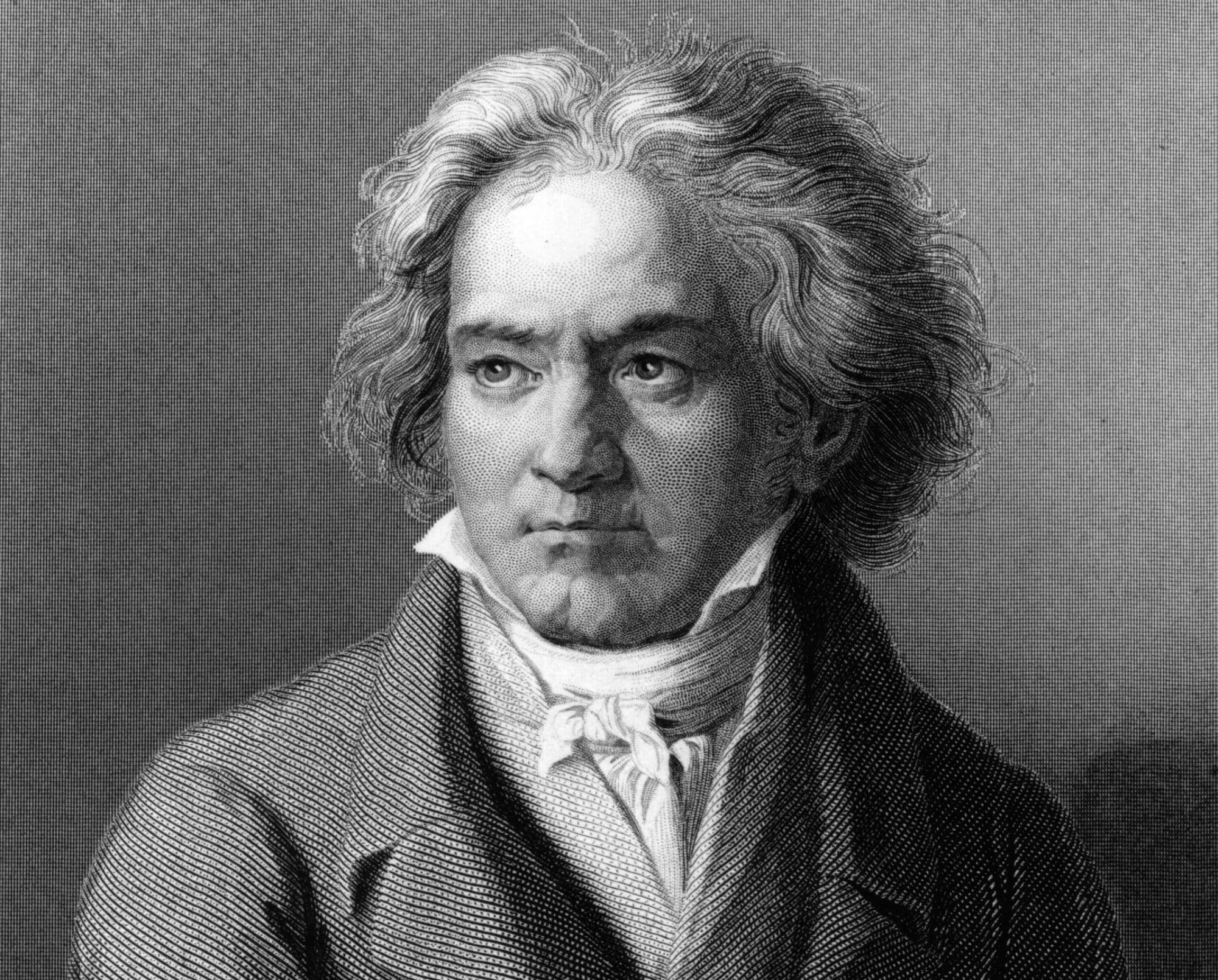Beethoven skull fragments return to Vienna
by Anastasia

A US businessman has donated fragments of what is believed to be Ludwig van Beethoven's skull to a Vienna university for study.
Paul Kaufmann said he felt "very privileged to be able to return the Beethoven skull fragments, which I inherited, to where they belong".
An Austrian coroner said the fragments, which have already been studied in the US, had "great value".
The composer suffered ill health all his life and died in the city in 1827.
The businessman said he found the fragments in 1990, in a small box with "Beethoven" scratched on it inside a family safety deposit box held by a French bank.
It is thought that Mr Kaufmann's great-great-uncle Franz Romeo Seligmann, a Viennese doctor, received the fragments in 1863 after Beethoven's bones were exhumed for study.
There are 10 fragments in total, including two bigger pieces - one from the back of the head and one from the right side of the forehead.
The Rector of Vienna's Medical University, Markus Mueller, said that it was of paramount importance to handle the remains in an ethically responsible way.
"It's about finding the right balance between understandable public interest and respect for a deceased person," he said.
Austrian coroner Christian Reiter said the fragments were "really valuable material" that they hoped to continue to research over the coming years. "That was Beethoven's wish too," he added.
Beethoven, was born in Bonn in December 1770 and died on 27 March 1827. He had suffered ill health for much of his life and reportedly explicitly asked for his body to be studied after his death.
Earlier this year, researchers led by Cambridge University analysed five locks of hair to sequence the composer's genome and revealed that Beethoven had a likely genetic predisposition to liver disease and suffered a hepatitis B infection months before his death.
He first began suffered hearing loss around 1795, a condition that worsened throughout his years and was exacerbated by severe tinnitus, leading him to be functionally deaf by 1818.
Source: https://www.bbc.com



